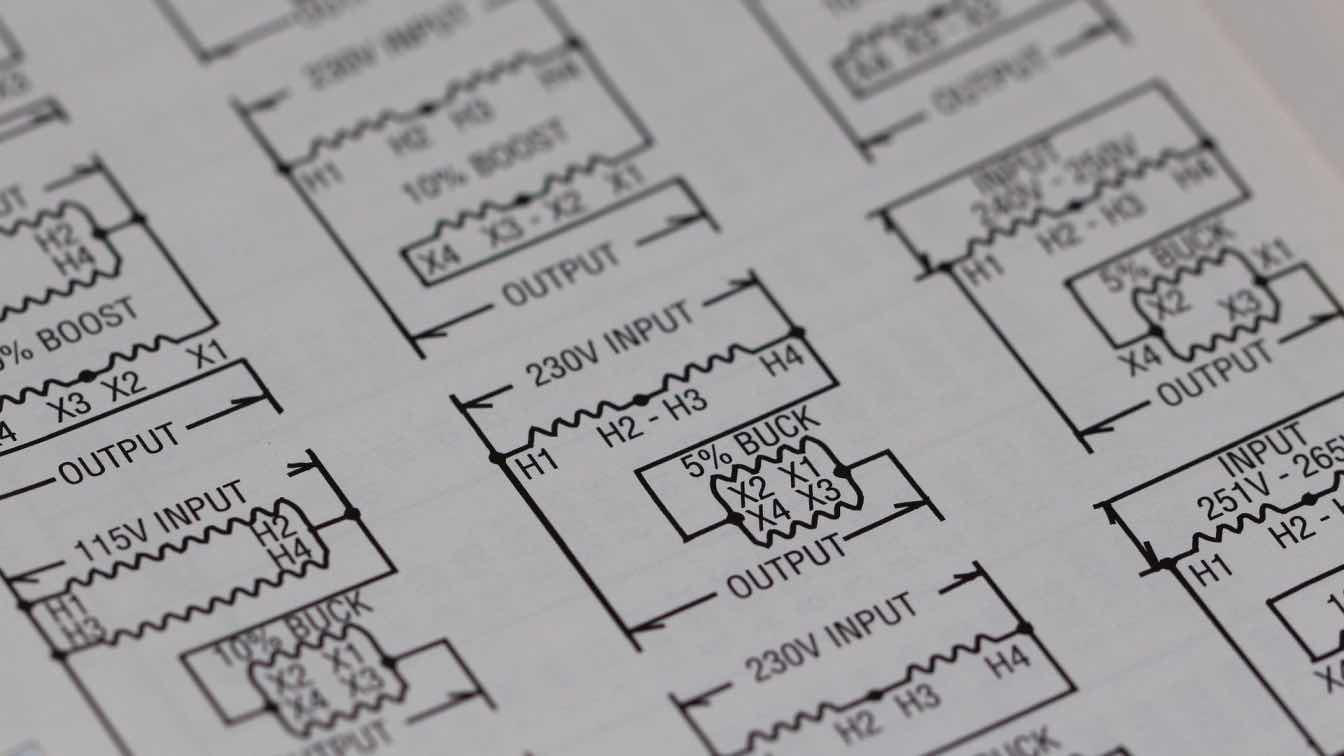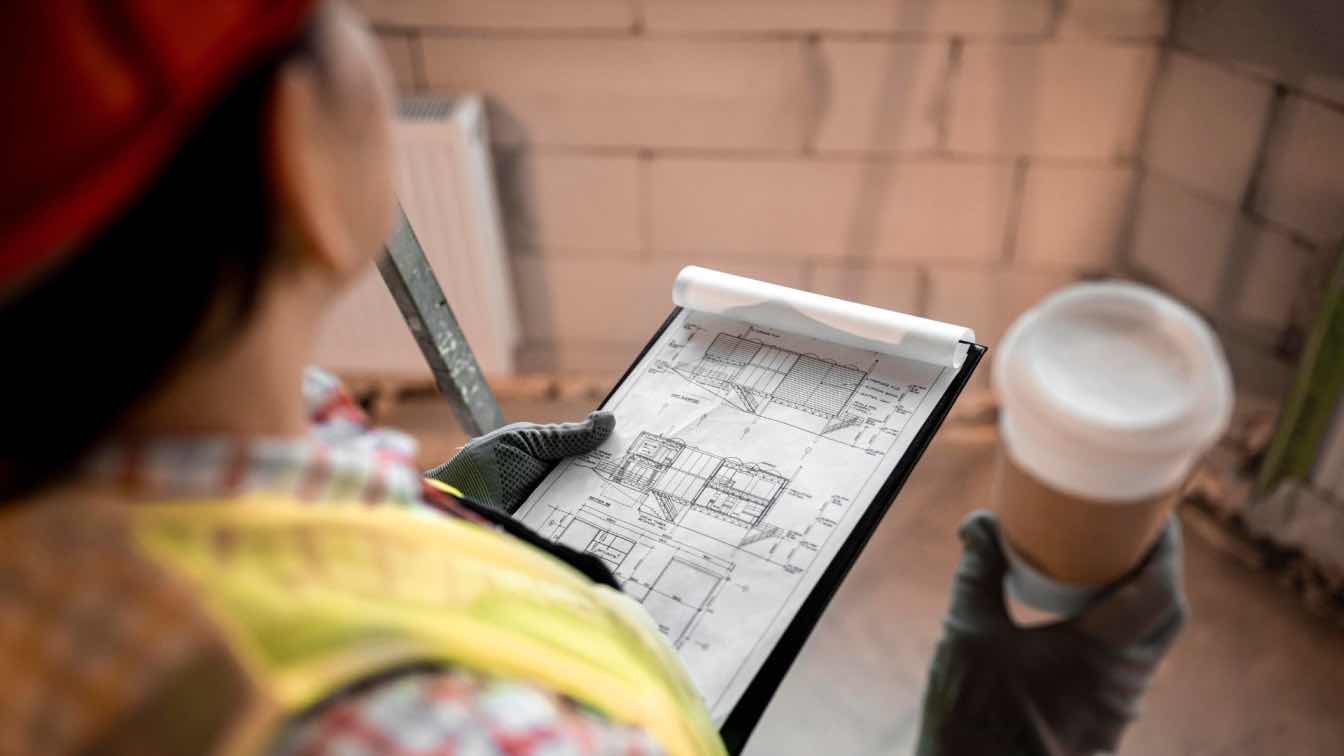An electrical system is crucial for the functionality of any modern home or office. It powers everything from lighting to important appliances, supporting daily life. Understanding potential failure points within your electrical system can save you time, money, and safety hazards. This article explores common causes of electrical system failures, helping you identify issues before they escalate.
Overload
Electrical systems can easily become overloaded when the demand exceeds the total capacity. This situation often occurs when multiple high-power devices run simultaneously without adequate backup or distribution. Overloading may cause circuit breakers to trip frequently and lead to overheated wires, which pose significant fire risks.
Regularly resetting circuit breakers is a sign that your system is struggling to keep up. For those encountering persistent issues, whether you need Canberra-based emergency electrical help, a local emergency electrician in Sydney, or somewhere else, it's wise to consult a professional to investigate the underlying causes. Understanding the layout of your circuit can help you manage electrical loads effectively.
Appliances should be distributed across different circuits to avoid placing too much stress on one. Upgrading your electrical system or adding more circuits might be necessary if you frequently overload the existing setup.
Old Wiring
Aging wiring is another culprit for system failures. The national electrical code changes over time, and older wiring may not comply with current safety standards. Older wires can suffer from corrosion or damage, which compromises their ability to function properly. If your home was built decades ago and has not undergone a significant electrical upgrade, the wiring likely needs attention.
Signs of outdated wiring include frequent flickering lights, charred or blackened outlets, and a persistent burning smell near fixtures. Beyond safety concerns, old wiring may not support newer technologies or higher power requirements. If you recently acquired more energy-hungry appliances, the system might struggle to maintain efficiency. Consulting a qualified electrician to assess and possibly upgrade the wiring could be a proactive step in maintaining system integrity.
Improper Installation
Sometimes, regardless of equipment quality, improper installation can lead to failures down the line. Faulty connections or incorrect wiring setups may not manifest immediate problems, but can result in significant issues. It is important to have any major electrical work completed by licensed professionals. This guarantees compliance with local codes and standards, providing peace of mind that the installation is safe and reliable.
Without proper installation, even high-quality materials can perform poorly. Homeowners should ensure that any renovations or upgrades follow established electrical codes. If significant renovations have occurred without professional input, it might be worthwhile to have the work evaluated for compliance.
Environmental Factors
Environmental conditions affect the integrity of your electrical system. Moisture, humidity, and temperature fluctuations can weaken wiring materials and connections over time. Areas prone to dampness are at higher risk for corrosion and water damage, which can directly impact electrical performance. Regular inspections can help identify locations where moisture may have compromised the wiring, allowing for timely repairs.
Pests can play a role in damaging an electrical system. Rodents and insects may chew through insulation, exposing wiring and creating short circuits. Inspecting your electrical systems regularly can mitigate these risks. Keeping vulnerable areas clean and sealed can prevent environmental damage and pest infestations.
Faulty Equipment
Not all electrical system failures stem from the wiring or installation. Faulty equipment can lead to significant issues as well. Appliances with internal faults can draw excessive power, impacting the entire system. A malfunctioning refrigerator or HVAC system can strain circuits, leading to failures. Regular maintenance of appliances can prevent these issues. Parts can wear out, causing inefficiencies that affect the entire electrical network.
Ensuring that devices operate optimally prevents undue stress on the electrical system and prolongs its life. Identifying early signs of equipment failure, such as unusual noises or inconsistent performance, is key to avoiding larger problems. Using surge protectors can safeguard sensitive devices from electrical damage. A proactive approach to equipment care supports both safety and energy efficiency.
Inspecting Your Electrical System
Regular inspections of your electrical system can help prevent failures. These proactive assessments can identify potential issues early and address them before they become serious problems. Hiring a qualified electrician to evaluate your system is smart, especially if you notice any unusual symptoms such as flickering lights or persistent circuit breaker tripping.
During an inspection, professionals look for signs of wear and tear, compliance with current codes, and potential overload points. These evaluations can help develop a maintenance plan tailored to your system's specific needs, ensuring safe and efficient operation in the long run.
Recognizing the signs of a failing electrical system allows you to act quickly and mitigate risks. Whether it involves upgrading, regular maintenance, or professional consultations, staying informed about potential issues powers a safe and functional electrical environment.





